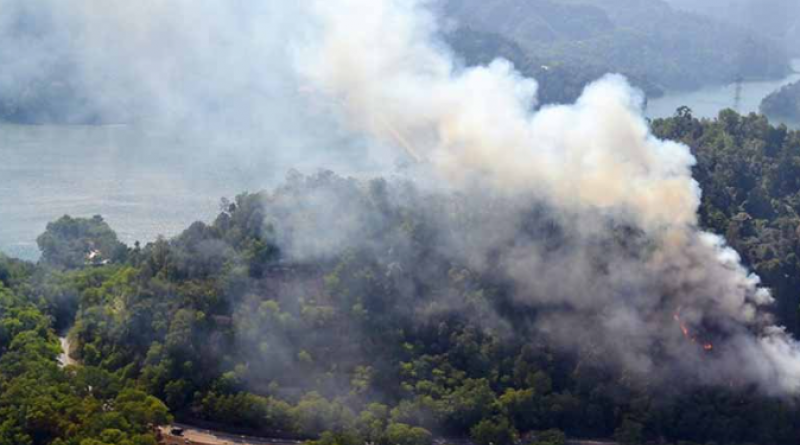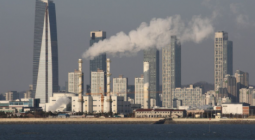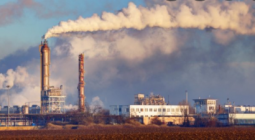Why the silence on key climate change report, Putrajaya asked

PETALING JAYA: Umno information chief Shahril Hamdan has questioned the government’s silence on a key United Nations (UN) report on climate change and its effects.
Released last Monday by the Inter-governmental Panel on Climate Change (IPCC), the landmark report warns that global warming is dangerously close to spiralling out of control, saying humans are “unequivocally” to blame.
Speaking to FMT, Shahril said Prime Minister Muhyiddin Yassin could have addressed the report yesterday in his speech at the launch of the Perkukuh initiative, in which he announced reforms for government-linked investment companies (GLICs).
He complained that the government seemed more interested in “tinkering and aligning” GLIC mandates although the country was already “behind the clock” in preparedness for climate change.
“Our PM, at the earliest opportunity addressing the investment community, says nothing just days after the IPCC report and effectively told the world that if we keep going like this, we are literally finished,” he said.
“It’s not some faraway event. It’s here and it’s getting worse fast.
“I would’ve thought if he was going to make a big speech about how GLICs’ investment strategies would be changed, he would at least mention things like doubling down on green technology and weaning us off dependence on fossil fuels.
“Instead, we heard the same kind of focus about returns to shareholders and generalities about socio-economic responsibilities.”
He said the government appeared to have greeted the report with silence aside from some reaction from science, technology and innovation minister Khairy Jamaluddin.
The IPCC report, which draws from 14,000 scientific studies, has been described as the most comprehensive and detailed picture thus far of the effects of climate change on the world.
It warns that unless immediate and large-scale action is taken to reduce emissions, the average global temperature is likely to reach or cross the 1.5-degree Celsius warming threshold within 20 years.
It also states that current pledges to cut emissions are not enough to even start reducing the level of greenhouse gases accumulated in the atmosphere, most of which is carbon dioxide from burning fossil fuels.
Tellingly, UN secretary-general Antonio Guterres described the report as “a code red for humanity”, stating that “the alarm bells are deafening, and the evidence is irrefutable”.
“This report must sound a death knell for coal and fossil fuels, before they destroy our planet,” Guterres said in a statement.
Noting that Malaysia is far from being able to achieve its target of a 45% reduction in emissions by 2030, Shahril said the country’s large coastal and low-lying areas were vulnerable to recurring coastal flooding that previously used to happen once a century.
He also spoke of the effect climate change could have on crop yields, food security and trade.
“What we need is a detailed plan of how and when we would achieve key metric targets like emission reduction, fuel mix, export mix, and more. This takes years to transition. Yet in 2019, we built a new coal power plant,” he said.
“The facts make for scary reading. If not our generation, it’s our children’s or grandchildren’s that will see the beginning of the end.
“Look at what Covid-19 has done to us. Does anyone think at this rate we would better survive a worldwide climate emergency when it really comes knocking?”
FMT




